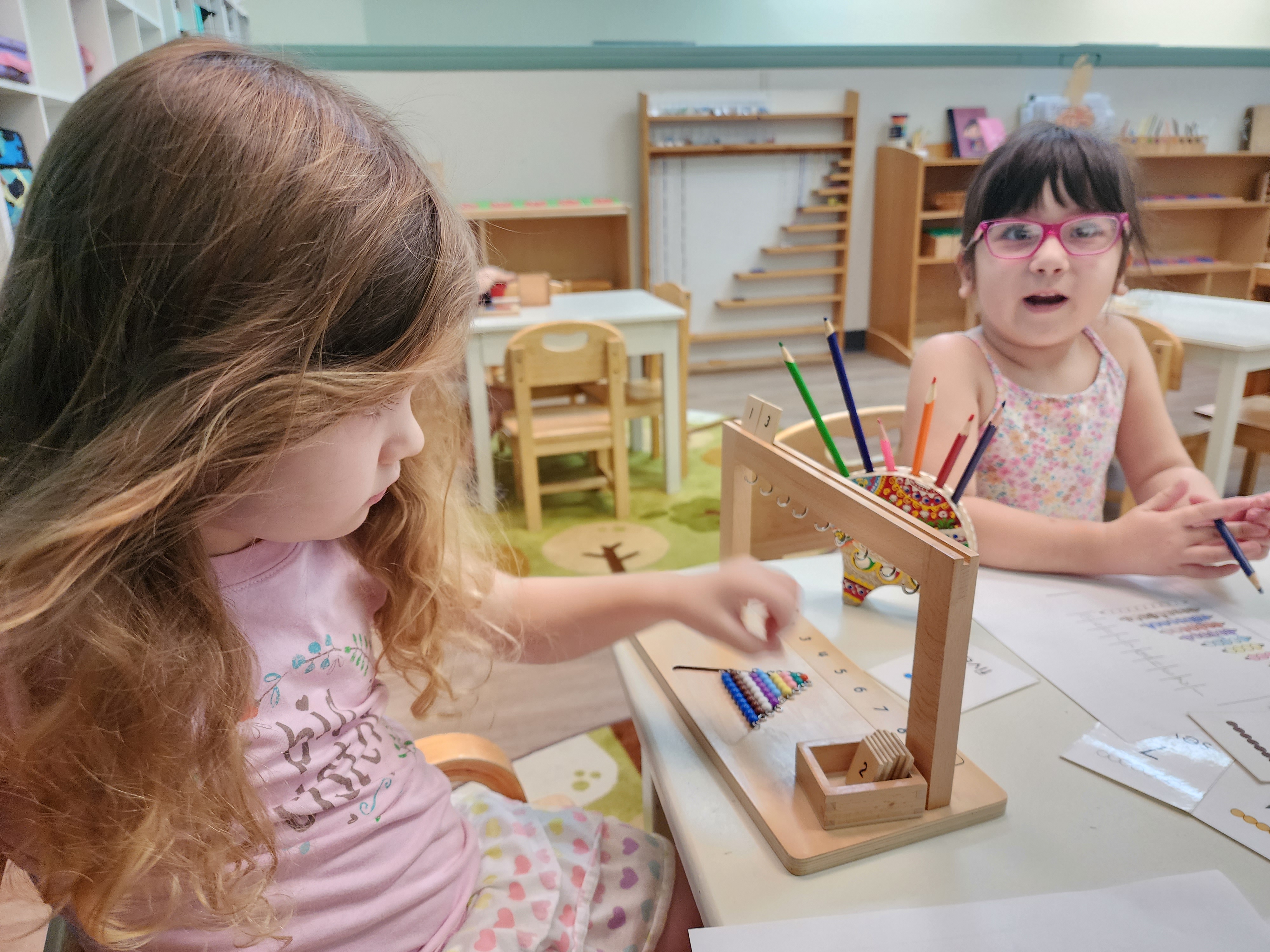
Montessori education is known for its unique approach to learning that focuses on fostering independence and a love for learning in children. This approach extends beyond the preschool years and continues into the elementary level, where students are encouraged to explore, discover, and take ownership of their education. In the Montessori elementary experience, students are provided with a rich and stimulating environment that allows them to develop a deep understanding of the world around them.
One of the key aspects of the Montessori elementary experience is the emphasis on independence. Students are given the freedom to choose their own work and are encouraged to take responsibility for their own learning. They are given the tools and resources they need to explore different subjects and are supported in their individual interests and passions. This sense of independence not only fosters a love for learning but also helps students develop important life skills such as problem-solving, critical thinking, and time management.
In the Montessori elementary classroom, the curriculum is designed to be interdisciplinary and integrated. Rather than focusing on separate subjects, students engage in a holistic approach to learning where subjects are interconnected. For example, a lesson on ancient civilizations may incorporate elements of history, geography, art, and language. This allows students to make connections between different areas of knowledge and provides them with a deeper and more meaningful understanding of the material.
The Montessori elementary experience also places a strong emphasis on hands-on, experiential learning. Students are actively engaged in their learning through a variety of hands-on activities and materials. For example, in math, students use manipulatives such as beads and rods to learn concepts of addition, subtraction, multiplication, and division. This approach not only helps students develop a concrete understanding of abstract concepts but also allows them to learn at their own pace and in their own style.
Another important aspect of the Montessori elementary experience is the role of the teacher. In a Montessori classroom, the teacher serves as a guide and facilitator rather than a traditional lecturer. The teacher observes each student, understands their unique strengths and challenges, and provides individualized support and guidance. This approach allows students to take ownership of their learning and encourages them to become active participants in the classroom community.
Montessori elementary classrooms also foster a sense of community and collaboration. Students work together in multi-age groups, providing opportunities for peer-to-peer learning and mentorship. Older students have the opportunity to mentor younger students, which not only reinforces their own learning but also promotes empathy, leadership, and responsibility.
Finally, the Montessori elementary experience recognizes the importance of the natural world and the environment. Students have access to outdoor spaces where they can engage in nature-based activities and explore their surroundings. They learn about the environment and develop a sense of stewardship and responsibility towards the earth.
In conclusion, the Montessori elementary experience offers a unique and enriching educational journey for students. By fostering independence, providing a holistic approach to learning, encouraging hands-on experiences, and promoting community and collaboration, Montessori education lays a strong foundation for a lifetime of learning and growth. Through the Montessori elementary experience, students develop not only academic skills but also a love for learning, a sense of independence, and a deep connection to the world around them.